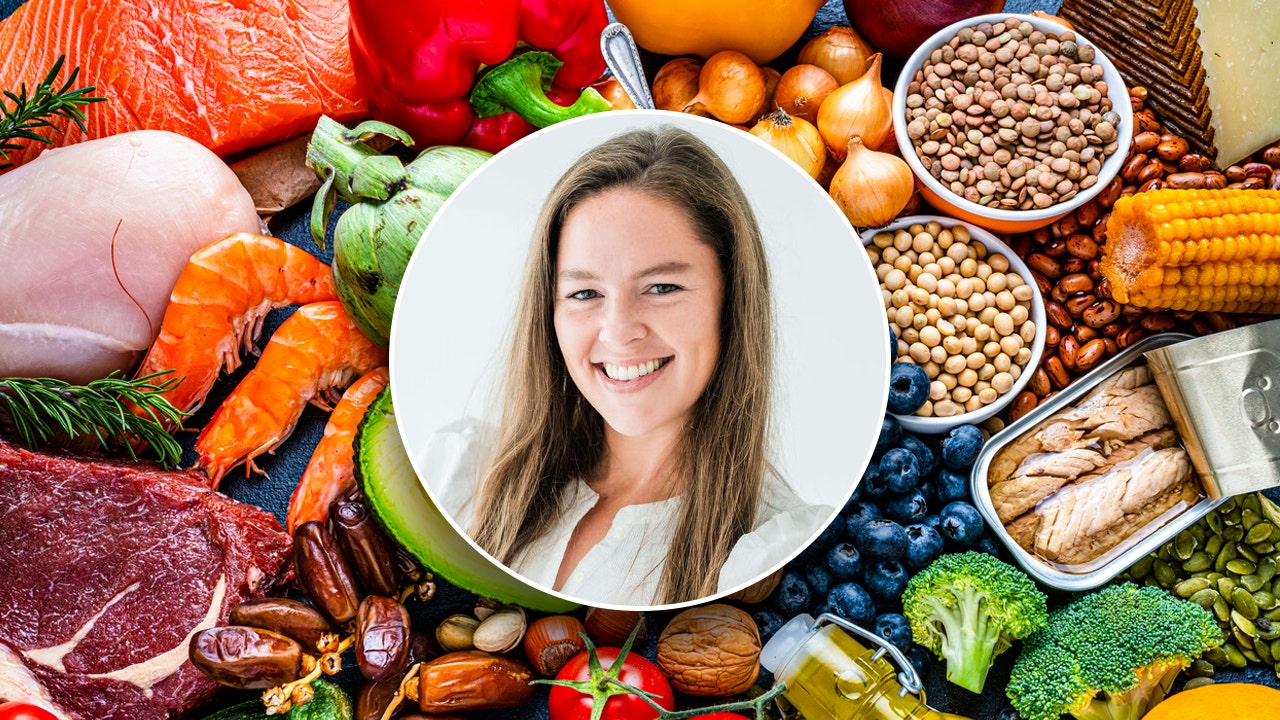<h2>Reduce Your Cancer Risk with These Dietary Tips</h2>
Cancer is influenced by various factors, some of which are beyond our control. However, adopting a healthy diet can help manage and reduce the risk of cancer, according to Dr. Brian Slomovitz, director of gynecologic oncology and co-chair of the Cancer Research Committee at Mount Sinai Medical Center in Miami Beach, Florida. In an interview with Fox News Digital, Dr. Slomovitz emphasized that obesity is a major risk factor for many cancers, and a balanced, nutritious diet can help decrease these risks.
<h3>Plant-Based Eating: A Powerful Tool Against Cancer</h3>
Registered dietitian nutritionist and cancer nutrition specialist Nichole Andrews recommends making plant-based foods the focal point of your meals for cancer risk reduction. Andrews suggests incorporating fruits, vegetables, whole grains, legumes, nuts, and seeds as they are packed with essential vitamins, minerals, fiber, and antioxidants that have been linked to a reduced risk of cancer. In addition to lowering cancer risk, plant-based foods provide the body with necessary nutrients for overall health.
<h3>Proteins for Cancer Prevention</h3>
Andrews advises choosing non-processed meats and opting for lean sources of protein like chicken, turkey, fish, seafood, and plant proteins instead of red meats. These protein choices contain lower levels of saturated fats and heme iron, which are associated with an increased risk of cancer, particularly colorectal cancer. By making these dietary changes, individuals can reduce their exposure to potentially carcinogenic compounds and enhance their overall health, thereby lowering the risk of cancer development.
<h3>The Power of Whole Grains</h3>
Including whole grains such as brown rice, whole wheat, quinoa, and oats in your diet is important for cancer prevention. These grains are rich in fiber, which aids in digestion and helps maintain a healthy weight. Fiber also combats inflammation and oxidative stress, both of which are linked to cancer development. Choosing whole grains over refined grains ensures that your body receives essential vitamins, minerals, and protective compounds for reduced cancer risk and better overall health.
<h3>Aim for Sufficient Fiber Intake</h3>
To reduce your cancer risk, Andrews recommends aiming for a daily fiber intake goal of 30 grams. You can achieve this by starting your day with a high-fiber breakfast cereal or oatmeal, swapping white rice and pasta for whole grains, incorporating legumes into your meals, snacking on fruits, vegetables, and nuts, and including high-fiber foods such as artichokes, chia seeds, split peas, avocado, quinoa, raspberries, pear, and barley in your meals. These fiber-rich foods significantly contribute to your daily intake and lower your cancer risk.
<h3>Healthy Hydration Choices</h3>
Alcohol consumption is strongly linked to an increased risk of various types of cancer. Therefore, it is important to replace alcoholic beverages with non-alcoholic alternatives to prioritize a healthier lifestyle. Alcohol can damage DNA, promote inflammation, and interfere with nutrient absorption, all of which contribute to carcinogenesis.
Adopting these dietary tips can help manage and reduce your risk of cancer. Dr. Amber Orman, a radiation oncologist and lifestyle medicine specialist, believes that up to 40% of cancers can be prevented with a plant-predominant diet combined with other lifestyle factors. Making these dietary changes has a positive and lasting impact on your long-term health, whether you’re seeking to prevent cancer or reduce the risk of recurrence as a cancer survivor.
Denial of responsibility! Vigour Times is an automatic aggregator of Global media. In each content, the hyperlink to the primary source is specified. All trademarks belong to their rightful owners, and all materials to their authors. For any complaint, please reach us at – [email protected]. We will take necessary action within 24 hours.


